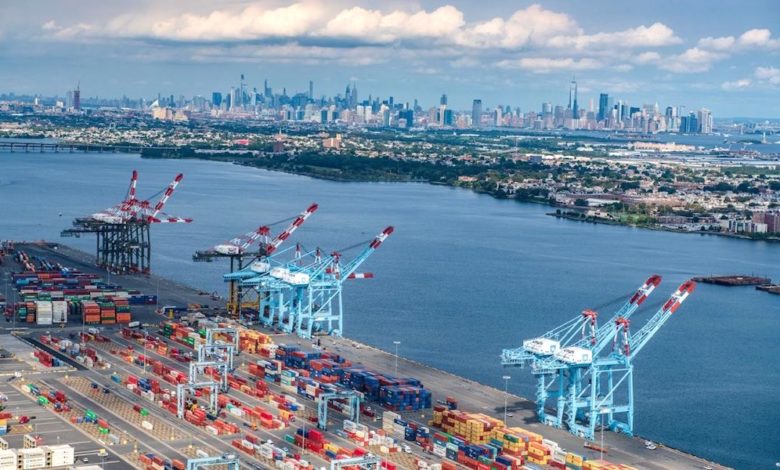US east coast empty container congestion due to ‘lack of accountability’: FMC commissioner

Carl Bentzel, a commissioner with the US Federal Maritime Commission, issued a statement on August 9, after FMC Chairman Daniel Maffei’s visit to the Port of New York and New Jersey and his assertion there that carriers should not “receive involuntarily subsidized storage for empty containers that belong to them” that are stored by shippers and truckers “without proper compensation.”
Commissioner Bentzel agreed with Maffei’s statement. He added, “In my view, the congestion emanates from the lack of accountability in moving the buildup of empty containers back into the terminals.
“Empty containers, and perhaps even export containers, are being rejected for return or delivery, because of the surging levels of imports that need to be handled. The industry needs to come together to plan how to better respond to the current challenges of returning empties to the port.”
This is not a new issue, noted Bentzel. A year ago, he sent letters to each of the ocean shipping alliances participating on the Council on Port Performance, asking them to coordinate policies with their marine terminal partners to better coordinate delivery of their equipment.
The problem is now spreading to other ports on the east coast, including the Port of Baltimore, he said.“In the face of continuing surges of import cargo to the east coast, how the carriers and marine terminals manage their equipment must change. It is fundamentally unfair to require small and large trucking companies to pay storage costs to store ocean carrier owned containers.
“I would point out that we are still receiving allegations that, in addition to storage costs … some carriers may also still be assessing detention charges, even though it is impossible to return containers – a double whammy.”
Bentzel said he would like to see the FMC move to receive public comments “to assess how carriers and their marine terminal operators manage their containers to determine whether it is now reaching an emergency level that could impact our supply chain and our economy.”
